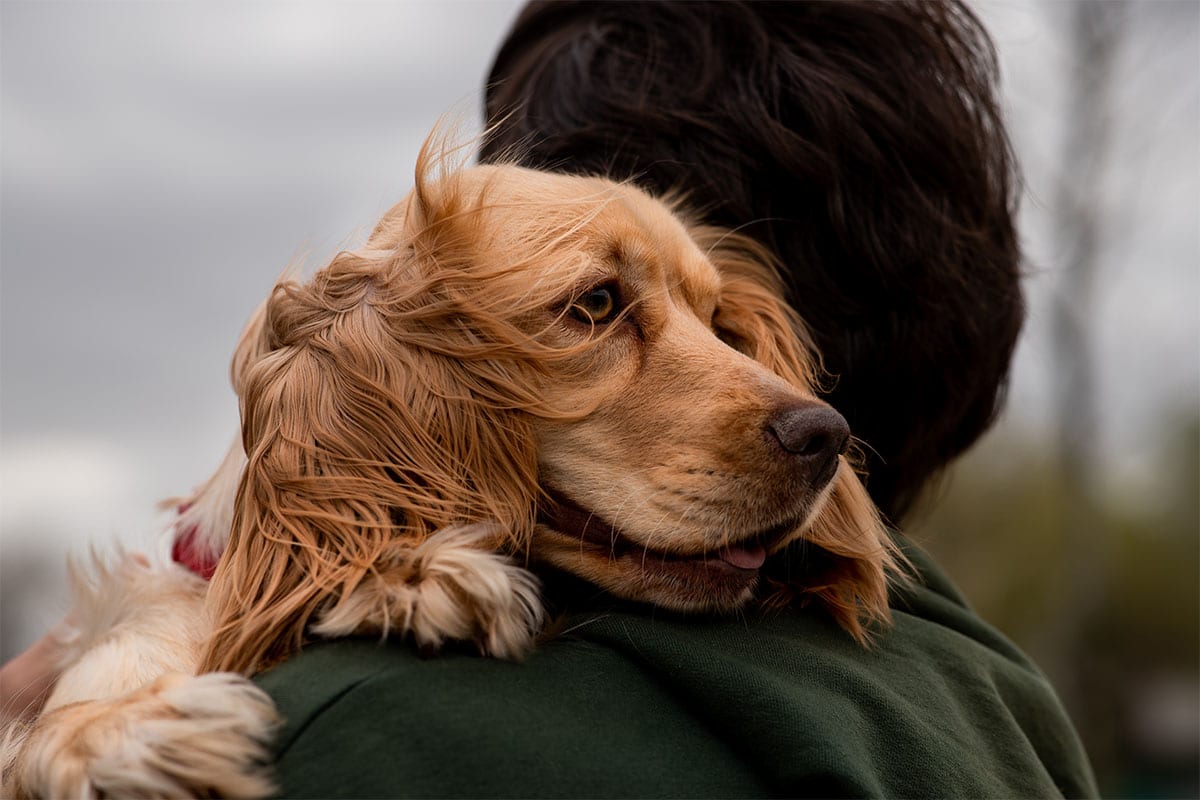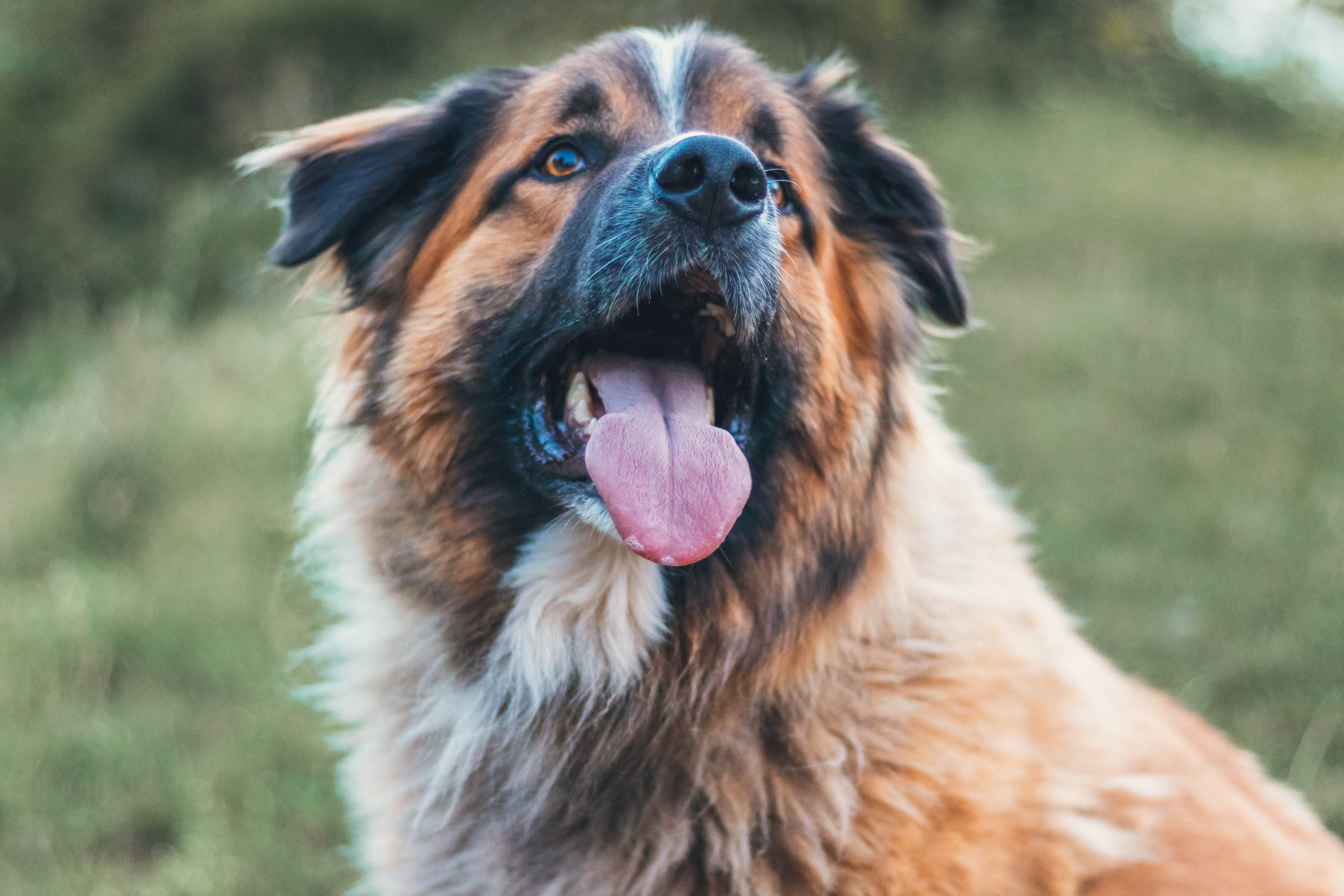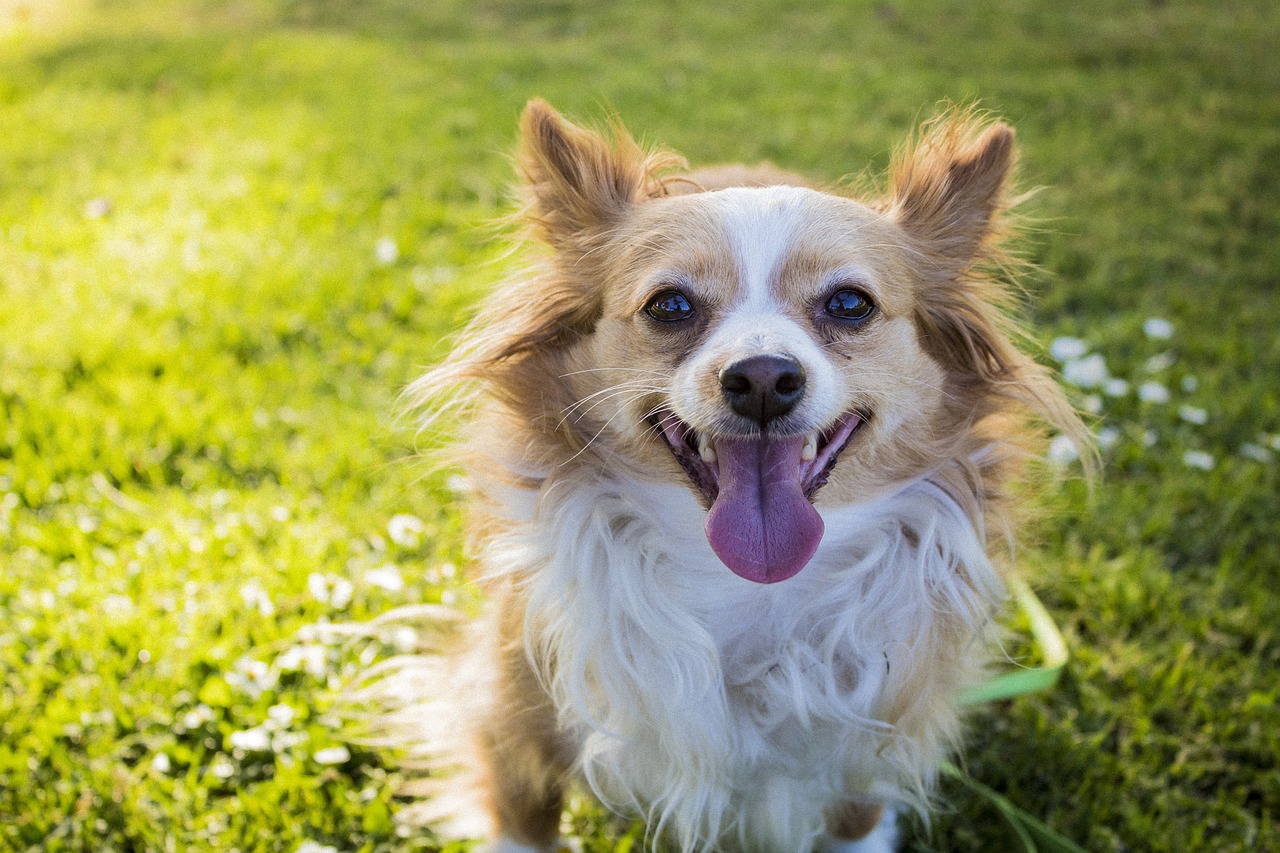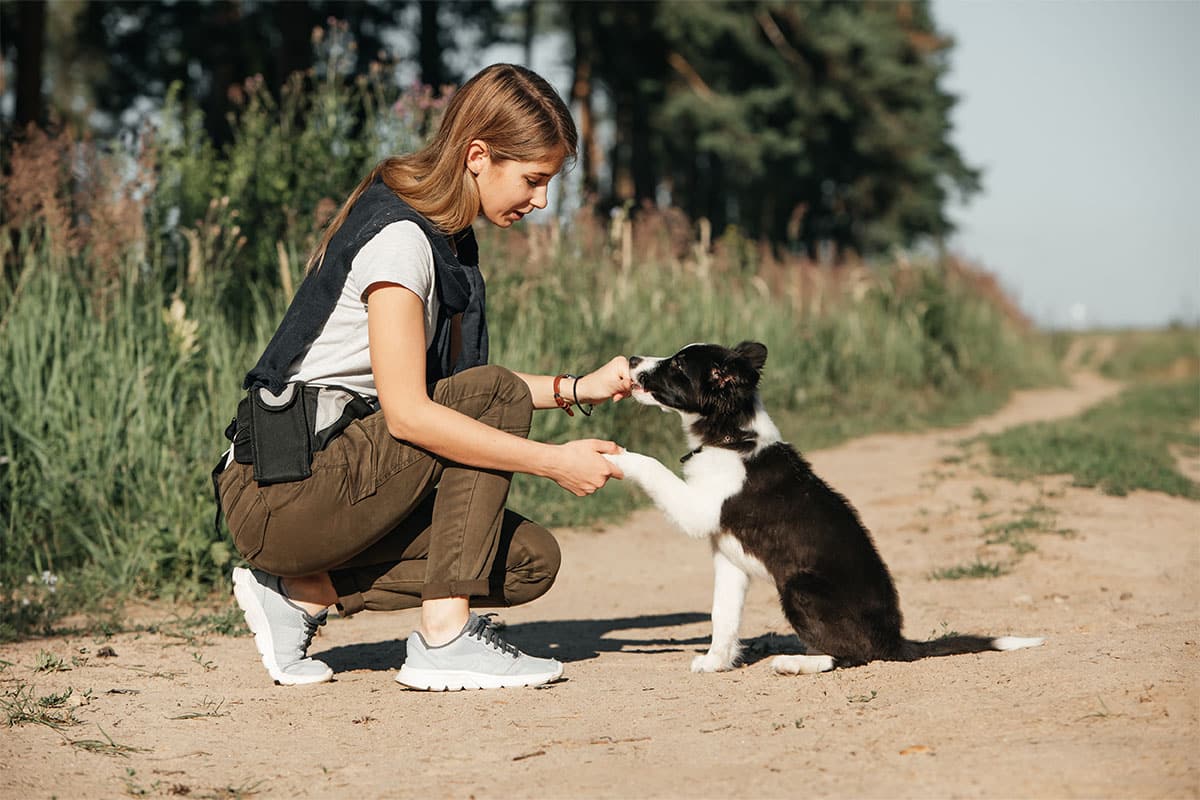Can dogs eat ground turkey? If your puppy has ever stared at you while you’re eating ground turkey, this question has probably crossed your mind at least once. Or maybe your dog has been sick or had surgery, and you’re looking for a gentle food option for their stomach.
The good news is yes! Dogs can eat ground turkey, but only if you cook it properly and avoid adding spices, onions, garlic, or extra fat.
Turkey is a great lean protein that helps keep your dog strong and active. That’s why many pet owners use ground turkey in homemade dog food-it’s easy to cook and mixes well with things like rice or vegetables.
You’ll also find ground turkey in many commercial dog foods, and it’s a great option if your dog struggles with common meats like chicken or beef. But here’s the catch: not all turkey is safe. Some commercial products include spices, onions, garlic, or extra fat, which can harm your dog.
Additionally, feeding too much ground turkey or serving it with skin or bones can upset your dog’s stomach or lead to more serious health issues. For more details, I encourage you to read the full article carefully.
Nutritional Benefits of Ground Turkey for Dogs

Ground turkey is a solid choice if you want to give your dog a healthy, lean protein. It’s low in fat but still full of the good stuff your pup needs, like protein to build strong muscles and keep them playful and active.
What’s great about turkey is that it’s rich in important nutrients. It has amino acids, which help your dog’s body work properly. You’ll also find zinc and B vitamins, like B6 and niacin, which are good for your dog’s energy, heart, and immune system.
When you compare ground turkey to meats like beef or pork, turkey usually comes out on top for being easier to digest and lower in fat. This makes it a smart pick for dogs who need to watch their weight or have sensitive stomachs. That’s why you’ll see turkey in lots of store-bought dog foods.
Another big plus is that turkey can be a lifesaver for dogs with food allergies. If your dog can’t handle chicken or beef, turkey is often a safe alternative because it’s less likely to cause a reaction.
So, if you’re looking for a simple, healthy protein to add to your dog’s meals, ground turkey is a great option. Just remember to cook it plain and skip the seasonings. Your dog will get all the benefits, and you’ll feel good knowing you’re giving them something healthy.
Can Dogs Eat Ground Turkey? Risks and Precautions
When thinking about feeding your dog ground turkey, it’s important to know the risks and take some simple precautions. Let’s look at what you need to watch out for.
Can Dogs Eat Raw Ground Turkey?
It’s best not to give your dog raw ground turkey. Raw turkey can carry harmful bacteria like salmonella, E. coli, and listeria. These bacteria can make your dog very sick, causing vomiting, diarrhea, fever, and loss of appetite. Puppies, older dogs, and dogs with weak immune systems are especially at risk. Raw meat can also put your family at risk if you handle it and don’t wash your hands or surfaces well. Always cook turkey thoroughly before giving it to your dog.
Seasoning Alert: Avoid Spices, Garlic, and Onions
Never give your dog turkey that has been cooked with spices, salt, garlic, onions, or other seasonings. Garlic and onions are toxic to dogs and can damage their red blood cells, leading to serious health problems. Even a small amount of these ingredients can be harmful. Too much salt or certain spices can also upset your dog’s stomach or cause other issues.
Turkey Bones Danger
Never feed your dog turkey bones. Cooked bones can easily splinter and cause choking, blockages, or even cuts inside your dog’s mouth, throat, or stomach. Bone fragments can be very dangerous and may require surgery to remove. Always remove all bones before offering turkey to your dog.
Pancreatitis Warning: High Fat Content
Watch out for turkey skin and dark meat. These parts are high in fat, which can be hard for your dog to digest. Eating fatty foods like turkey skin can lead to pancreatitis, a painful and serious condition. Signs of pancreatitis include vomiting, diarrhea, belly pain, and tiredness. If you notice any of these symptoms, call your vet right away.
Keep It Simple and Safe
The safest way to feed your dog turkey is to serve it plain, cooked, and boneless. Skip the seasonings and fat, and always check with your vet if you’re unsure. This way, you can share a tasty treat with your dog without risking their health.
How to Safely Prepare Ground Turkey for Dogs
If you want to give your dog ground turkey, it’s important to prepare it the right way. Cooking it safely means your dog gets all the benefits without any of the risks. Here’s how you can do it easily at home.
How to Cook Ground Turkey for Dogs
The best way to cook ground turkey for dogs is to keep it plain and simple. Don’t add any oil, butter, salt, or spices. Just use the turkey and a little water if you need to keep it from sticking.
- Boiling: Put the ground turkey in a pot of water. Bring it to a boil, then lower the heat and let it simmer until the meat is fully cooked.
- Baking: Spread the ground turkey in a baking dish and bake it in the oven at 350°F (about 175°C) until it is no longer pink. Let it cool before serving.
Serving Size
It’s important not to overfeed your dog, even with healthy foods. As a general rule, you can give 1–2 tablespoons of cooked ground turkey per 10 pounds of your dog’s body weight as a meal topper. If you want to use turkey as a main protein, talk to your vet to make sure your dog’s diet is balanced.
Ground Turkey Dog Food Recipe
If your dog has an upset stomach, a simple homemade meal can help. Here’s an easy recipe:
Ingredients:
- 1 cup cooked ground turkey (plain, no seasonings)
- 1 cup cooked white rice
- ½ cup cooked carrots or green beans (no salt or butter)
Instructions:
- Mix the cooked turkey, rice, and veggies together in a bowl.
- Let the food cool to room temperature before serving it to your dog.
- Store leftovers in the fridge for up to three days.
This gentle meal is easy on your dog’s stomach and provides good nutrition. Always introduce new foods slowly and watch for any signs of allergies or stomach upset.
Final Tips
Always use plain, fully cooked ground turkey for your dog. Skip the seasonings, oils, and bones. If you have any questions about your dog’s diet or want to make ground turkey a regular part of their meals, check with your vet first. This way, you can be sure you’re giving your furry friend a safe and tasty treat!
Breed-Specific Considerations
When it comes to feeding ground turkey to your dog, it’s helpful to think about your dog’s breed and size. Different breeds and ages have different needs, so let’s look at how ground turkey can fit into their diets.
Best Protein for Large Breeds
Large breeds like Labradors and German Shepherds need a lot of protein to keep their muscles strong. Lean turkey is a great choice because it gives them the protein they need without too many extra calories or fat. This helps big dogs stay fit and maintain a healthy weight. Turkey is also gentle on their stomachs, which is important for active breeds that sometimes have sensitive digestion.
Small Dogs and Turkey
Small dogs, such as French Bulldogs or Chihuahuas, can also enjoy ground turkey, but you need to be careful with how you serve it. Always shred or chop the turkey into tiny pieces so it’s easy for them to chew and swallow. This helps prevent choking, which can be a risk for little dogs with small mouths and throats. Start with small amounts and see how your pup likes it.
Turkey for Senior Dogs
Older dogs often have more sensitive stomachs and may not digest food as easily as they used to. Ground turkey is soft, easy to chew, and simple to digest, making it a good protein source for senior pets. It’s gentle on aging tummies and can help keep older dogs interested in their meals, especially if they’ve lost some appetite.
FAQs.
Can dogs eat raw ground turkey?
No, dogs should not eat raw ground turkey. Raw turkey can have harmful bacteria like salmonella, which can make your dog sick. Always cook ground turkey fully before giving it to your dog.
Is ground turkey good for dogs with sensitive stomachs?
Yes, plain cooked ground turkey is gentle and easy to digest. It is often recommended for dogs with sensitive stomachs or those recovering from illness. Just make sure it is unseasoned and fully cooked.
How much ground turkey can I give my dog daily?
Ground turkey should be only a small part of your dog’s diet. Limit it to about 10% of their daily food to keep their diet balanced and avoid nutrient problems. Always check with your vet for the best amount.
Alternatives to Ground Turkey
Alternatives to Ground Turkey
If your dog can’t eat ground turkey or you just want to mix things up, there are plenty of other healthy dog food proteins to choose from. Let’s look at some great options and how they compare to turkey.
Lean Chicken
Chicken is one of the most popular proteins for dogs. It’s lean, easy to find, and most dogs love the taste. Chicken is packed with protein and low in fat, making it a good choice for dogs who need to watch their weight. Just like turkey, chicken is gentle on the stomach and is often used in dog foods for sensitive pups. However, some dogs are allergic to chicken, so watch for any signs of itchiness or tummy trouble if you’re trying it for the first time.
Fish (Like Salmon)
Fish, especially salmon, is another excellent protein for dogs. Salmon is rich in omega-3 fatty acids, which help keep your dog’s skin healthy and coat shiny. Fish is also easy to digest and can be a smart choice for dogs with allergies to chicken or beef. Many vets recommend adding fish to your dog’s meals a couple of times a week for variety and extra nutrition.
Plant-Based Proteins
If your dog has allergies to several meats, you can try plant-based proteins. Lentils, chickpeas, peas, and quinoa are some good options. These foods are packed with protein, fiber, and important vitamins. Plant-based proteins are usually easier to digest if you cook them well and blend different sources together to make sure your dog gets all the nutrients they need.
Turkey vs. Chicken for Dogs
Both turkey and chicken are lean, healthy proteins. They support strong muscles and are easy to digest. Turkey is sometimes a better choice for dogs with chicken allergies, as it’s less likely to cause a reaction. However, both meats are great for most dogs if cooked plain and served without bones or skin.
Commercial Dog Foods with Turkey
If you want the benefits of turkey but don’t want to cook it yourself, there are many commercial dog foods with turkey as the main ingredient. Look for brands that use real turkey and avoid fillers or artificial flavors. Turkey-based dog foods are often made for dogs with sensitive stomachs or allergies to other meats, and they come in both dry and wet varieties.
Conclusion
Plain, cooked ground turkey can be a safe and healthy treat for most dogs, as long as it’s given in moderation and prepared the right way. Turkey is a good source of lean protein and important nutrients, but it should always be served plain-without any added fat, salt, garlic, onions, or spices.
Feeding your dog too much turkey, even if it’s plain and cooked, can lead to stomach upset or weight gain. It’s best to offer ground turkey as an occasional treat or meal topper, not as a main part of your dog’s daily diet. Watch your dog for any signs of allergies or digestive problems when you try new foods.
If your dog has any health problems, food allergies, or special dietary needs, always talk to your vet before making changes to their meals. Your vet can help you decide if ground turkey is a good fit and how much is safe for your dog to eat.
In short, plain, cooked ground turkey is a healthy option for many dogs when served in small amounts. Just remember to keep it simple, avoid harmful ingredients, and check with your vet if you have any questions about your dog’s diet. This way, you can feel good about sharing a tasty treat while keeping your furry friend happy and healthy.



















 English (US) ·
English (US) ·